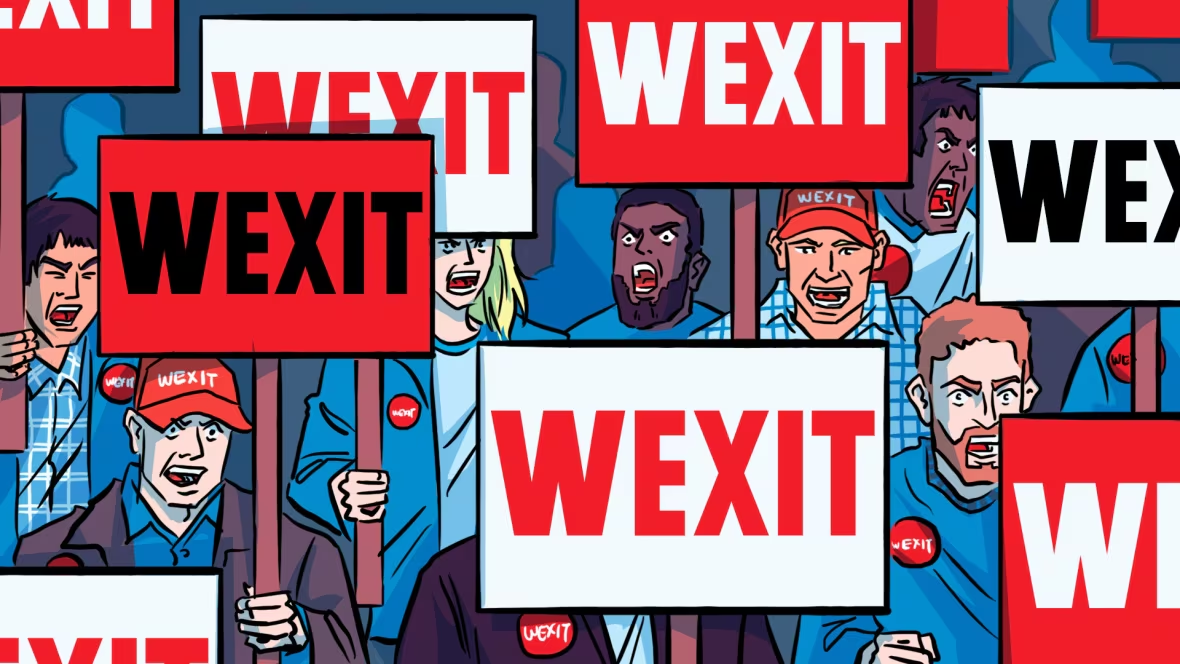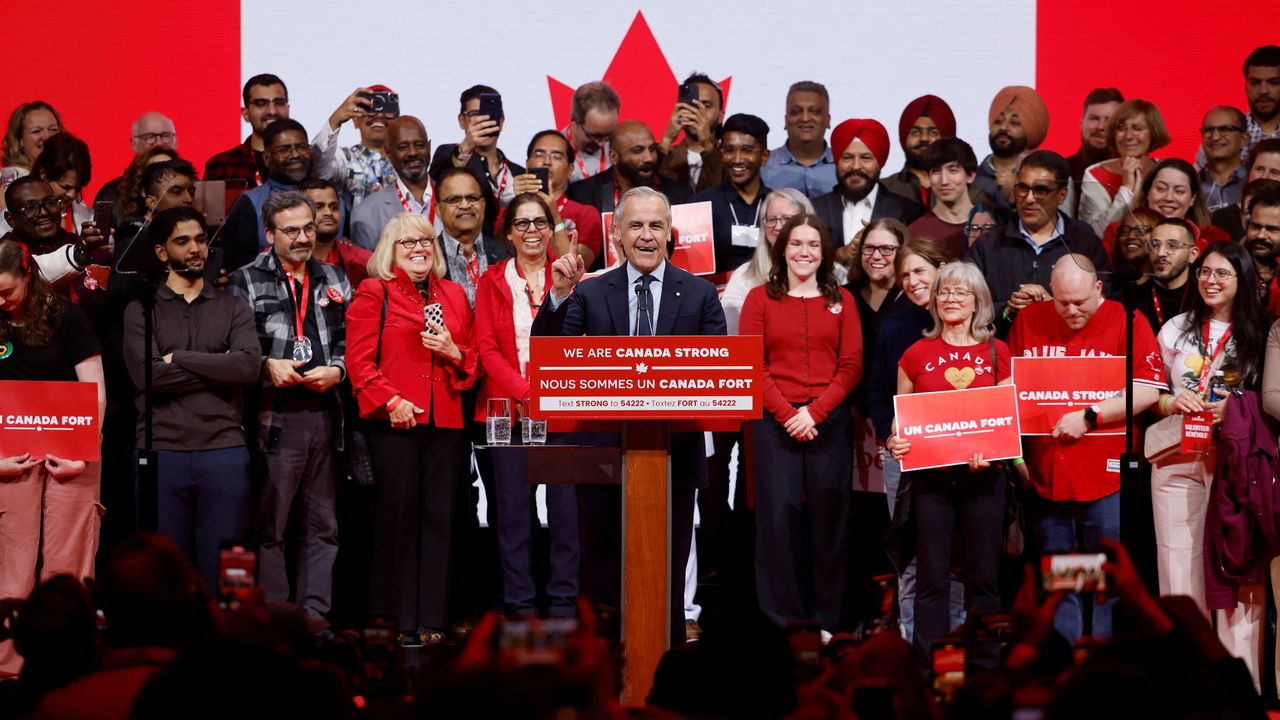Alberta wants to leave. Again. And this time, it’s louder than usual.
Calls for Western separatism—what some are now trying to brand as a serious referendum campaign—are gaining traction. Politicians are testing the waters. The Premier hasn’t ruled it out. And, predictably, they’re invoking Quebec’s sovereignty movements as a model.
But let me be clear from the outset: I’m not defending Canada. I’m not clinging to the federation. I don’t believe states are worth saving—not this one, not any of them. I’m not interested in sovereignty narratives that just redraw the same borders with different colours. I’m an abolitionist. And as a Black queer person raised in Quebec, I know firsthand how nation-building is so often just empire with better PR.
That’s exactly why Alberta’s separatist posturing doesn’t read as radical to me. It reads as settler revanchism—masked in the language of resistance.
Yes, Quebec’s independence movements have been violent, colonial, anti-Black, and shot through with contradictions. But they emerged from something real: a distinct cultural, linguistic, and historical formation shaped by centuries of attempted assimilation. That doesn’t absolve them. But it contextualizes them.
Alberta has no such context.
There’s no endangered language. No collective memory of being colonized by the Canadian state. No suppressed literature or forbidden faith. What there is, is capital. Oil. Guns. White grievance. And an economy built on extraction and entitlement.
What Alberta wants to separate from isn’t oppression—it’s accountability.
This isn’t a fight for freedom. It’s a tantrum from a province that’s never been told no. A province that has long enjoyed disproportionate political power, federal subsidies, and a privileged place in the settler imagination. And now, as the climate crisis accelerates and global scrutiny mounts, Alberta doesn’t want to change. It wants to opt out.
It’s not seeking liberation. It’s demanding exemption.
And when Alberta reaches for Quebec as its excuse—as its supposed precedent—it exposes something deeper. It shows how shallow this separatism really is. Because for all of Quebec’s failings, there is a cultural infrastructure here: a language, a kinship system, a literature of struggle (even if that struggle has too often excluded Black and Indigenous people). Alberta has none of that. Just the myth of rugged individualism and the fantasy of permanent control.
This is not decolonization. This is a colony refusing to share.
Alberta separatism borrows the postures of liberation movements to double down on domination. It mimics the rhetoric of resistance while clinging to the very systems that are killing us. And that’s what makes it so dangerous: it masquerades as anti-state politics while defending everything the state was built to protect—white wealth, settler power, and the right to extract without consequence.
As someone who has lived through Quebec’s nationalism and survived the Canadian state’s violences, I don’t mistake any of this for freedom. I’ve seen what nationhood does to those of us who don’t fit its image. I’ve watched how state-building chews up the very people it claims to uplift. I’ve learned that not all exits lead somewhere better.
Abolition isn’t about preserving Canada. But it’s not about celebrating every departure from it, either. Especially not the ones led by those who already have everything and just want more.
So no—I won’t romanticize Alberta’s separatist dreams. I won’t let them smuggle white supremacy into the conversation under the banner of autonomy. I won’t let them use Quebec as cover while erasing the very people Quebec has tried to silence.
Alberta isn’t trying to escape oppression. It’s trying to protect it.
And some of us are done pretending not to notice.


